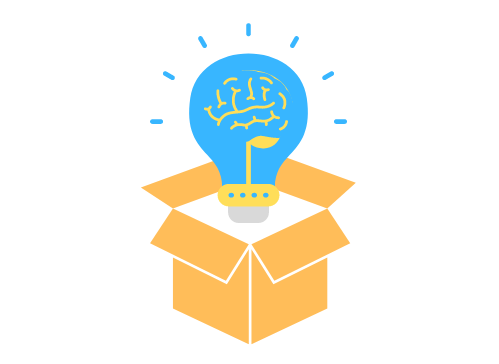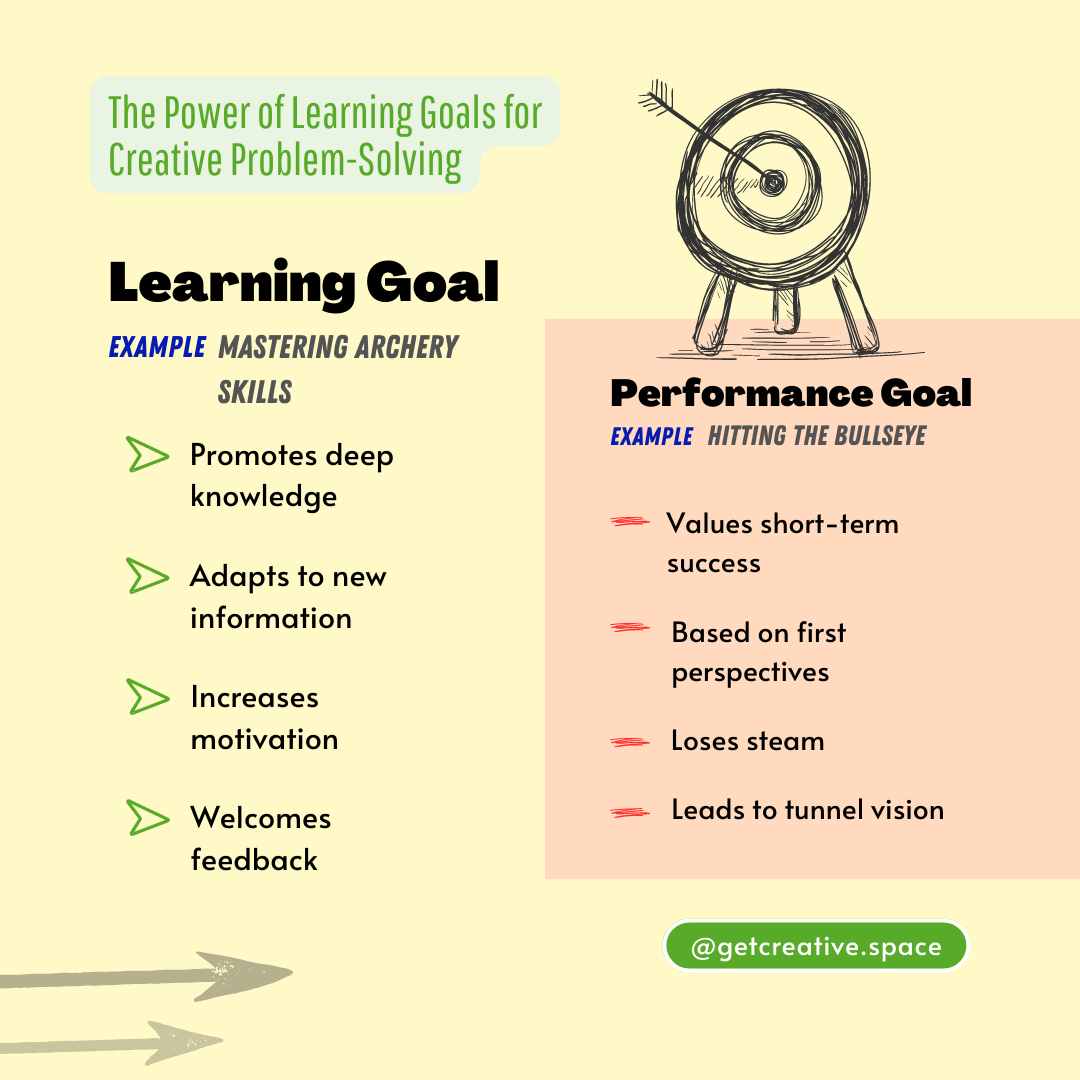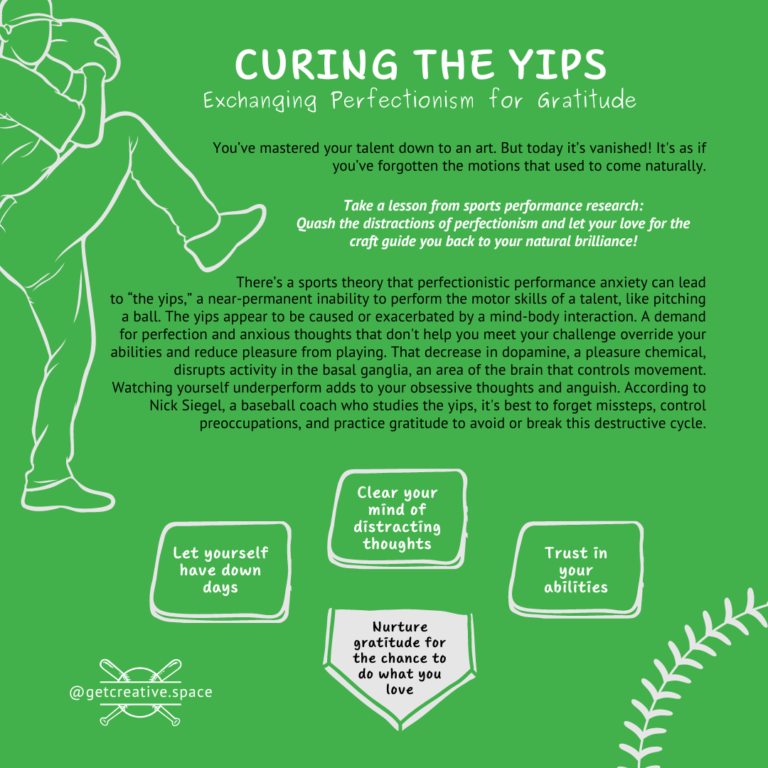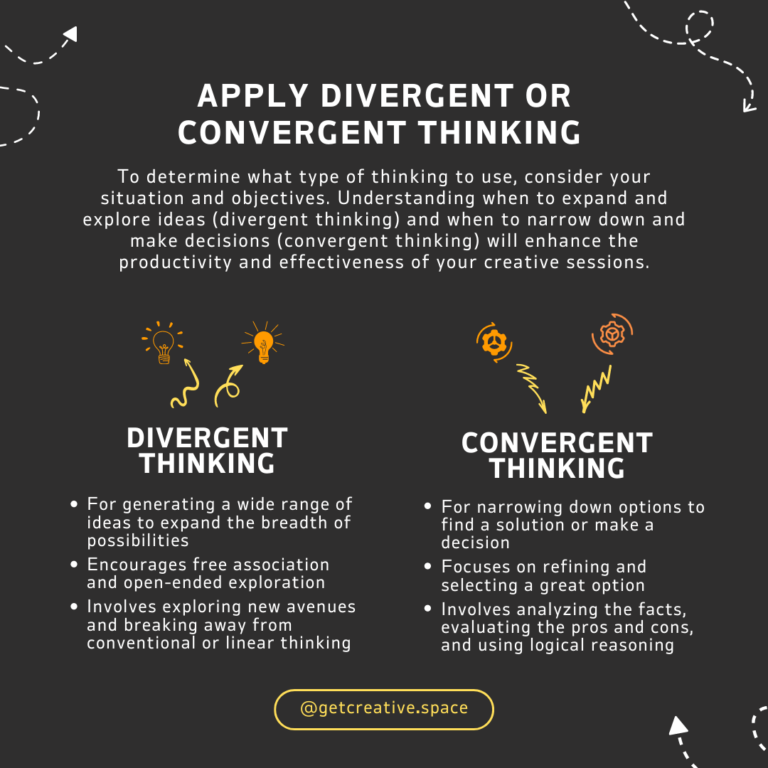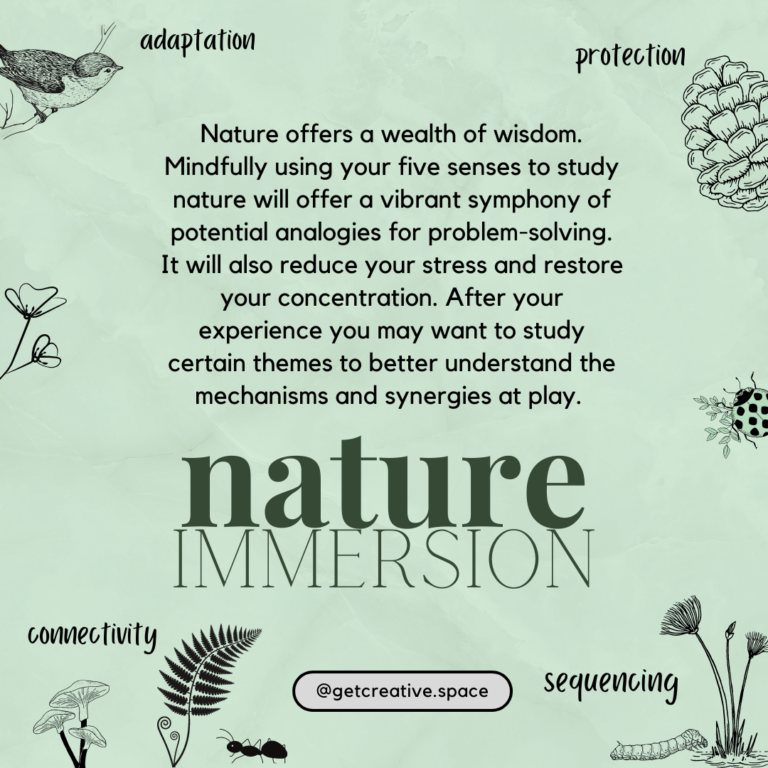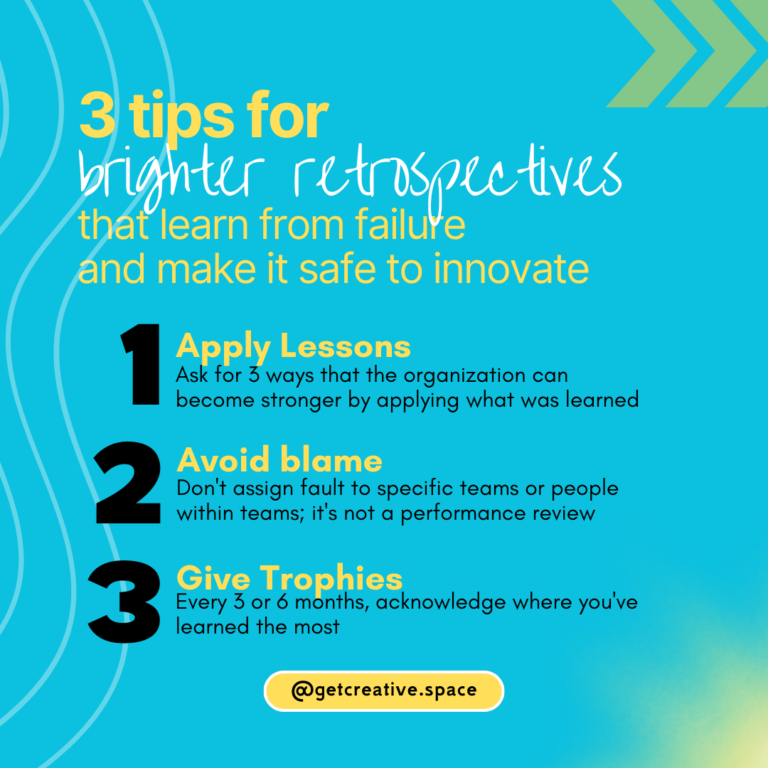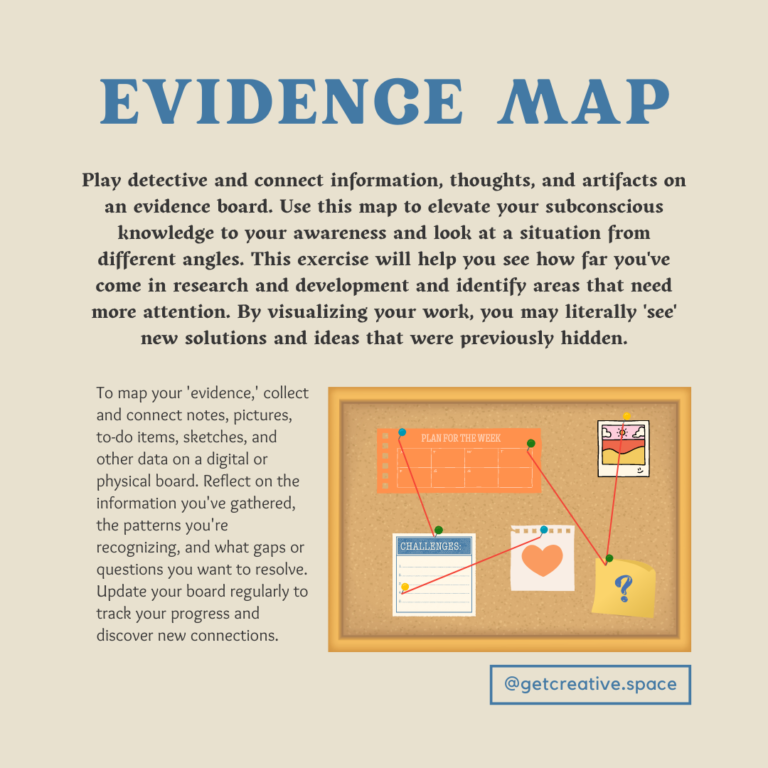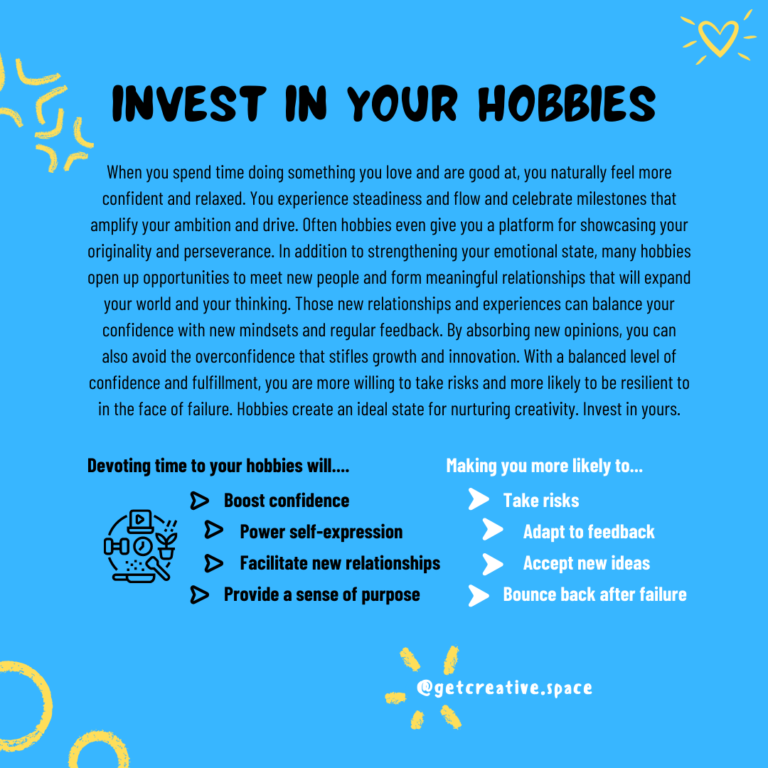The Power of Learning Goals for Creative Problem-Solving
Setting learning goals empowers us to embrace curiosity and take ownership of our learning journey. Learning goals focus on mastery and understanding, encouraging us to delve deeply into a topic or problem. On the other hand, performance goals often center around achieving specific outcomes or hitting targets, which may overlook the process and growth that occurs along the way.
Using the example of archery, a learning goal would involve developing the skills necessary to properly draw the bow, aim, release, and follow through. This goal emphasizes the acquisition of knowledge and the refinement of technique, enabling consistent improvement over time. In contrast, a performance goal solely focuses on hitting the bullseye, potentially neglecting the essential learning process required to develop accuracy and skill.
Here are four reasons why learning goals are often considered stronger options than performance goals:
- Mastery: Learning goals prioritize building a comprehensive understanding of a subject or problem. By aiming for mastery, we develop a solid foundation and expertise that can be applied in various contexts. This depth of knowledge leads to more consistent and sustained results in the long run, building our ability for creative problem-solving and resilience.
- Adaptation: In the early stages of ideation and problem-solving, it can be difficult to determine what success truly looks like. Learning goals provide the flexibility to explore, experiment, and adapt as new insights and perspectives emerge, facilitating the identification of novel and effective solutions. Meanwhile, performance goals tend to focus on predefined outcomes or targets, which may not align with the evolving nature of the problem.
- Motivation: Research shows that individuals tend to be more motivated and committed when pursuing learning goals compared to performance goals. Learning bestows ongoing rewards. The process of continuous growth and improvement becomes intrinsically motivating.
- Openness to feedback: Learning goals inherently require us to stay open to feedback and be willing to change our perspectives as we acquire new knowledge and insights. When we embrace feedback, we embrace the opportunity to refine our approaches, building resilience to challenges and leading to more effective innovation.
Performance goals have a purpose. They give us a short-term energy boost and acknowledge our progress. Across a long-term creative journey, we also need the adaptive power of learning goals to embrace curiosity, foster deep understanding, and cultivate a mindset of continuous growth. Focusing on learning not only enhances our problem-solving abilities but also fosters adaptability, creativity, and resilience.
Resources:
- Drive: The Surprising Truth about What Motivates Us. By Daniel H. Pink.
- Learning Goals or Performance Goals: Is it the Journey or the Destination? By Gary P. Latham and Gerard Seijts. Ivey Business Journal.
- New Directions in Goal-Setting Theory. By Edwin A. Locke and Gary P. Latham. Current Directions in Psychological Science.
